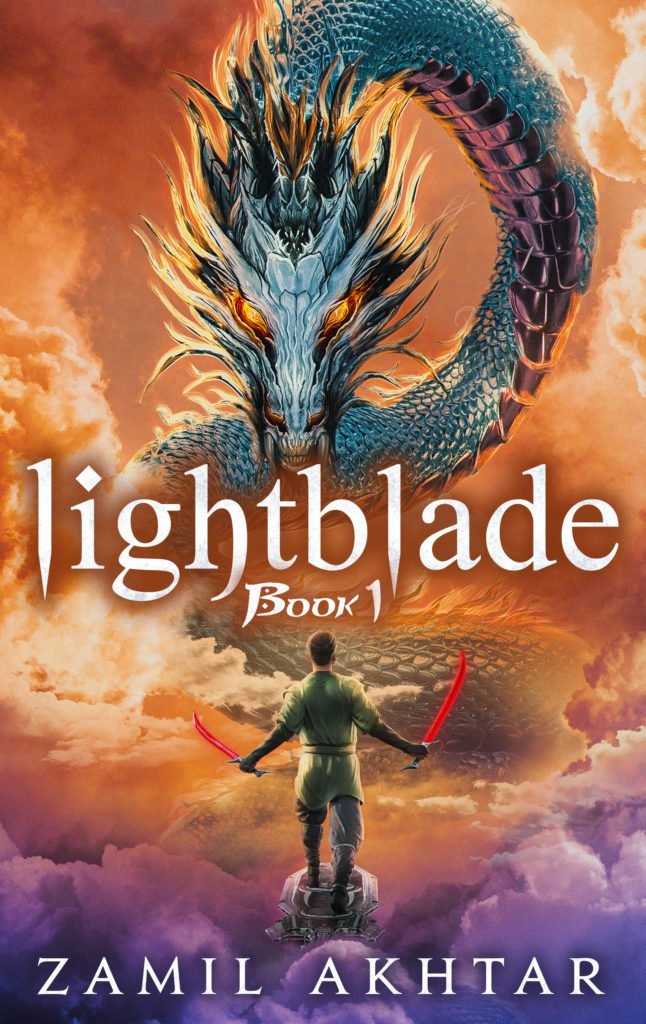The death day anniversary of Terry Pratchett came up earlier in the month (12th March), and several tweets celebrating the author’s life came across my Twitter timeline.
There was one asking tweeps to mention their favorite characters from his books. When I read through the replies, I realized how very unread I was. I had only read a book of his at that point, and the focal character therein blew my mind. If he hadn’t made the favorites list, I wondered how much more awesome these other guys would be.
That was to be the beginning of a proper journeying into Discworld. And if I were to be honest, I pended many other things to try to be updated. And so far, my chosen character still beats these others.
Terry Pratchett was a top-notch wordsmith. He loved to play with words, which was evident in his books’ titles and the puns that filled them. I remember when I got Sourcery. I had seen the cover amidst several books strewn in a street vendor’s pile. It had caught my attention only because I had compulsively corrected it in my head. I eventually recognized it for what it was and bought it.
Terry’s Discworld will appeal to the flat-Earthers. No rotation, no revolution, no spherical celestial body, just good old flat ‘earth,’ borne on the backs of four elephants and carried through space by a great turtle.
The world has one of many givens – the seventh son in a family becomes a wizard (Yeah. I know where y’alls minds went to), able to harness the magical energies that make up the world. If a wizard manages to procreate until they conceive a seventh son (that’s a lot of sex), that child becomes a source of magical energy.
Sourcery opens up into a conversation between Death and a man. Such conversations usually revolve around anyone who can actually have this conversation trying to cheat Death out of his due. The man manages to.
Years later, a paradox by the name of Rincewind – whose only claims to wizardry are his accouterments featuring prominently a badly spelled pointy hat – is dragged screaming into an adventure by the symbol of all wizardry, the Archchancellor’s hat, which intends to escape being worn by anyone not a wizard.
Along with an inexperienced self-taught barbarian and an aspiring hairdresser who struggles against her thieving heritage, the responsibility of saving wizardry (and perhaps the whole world?) is thrust on his very reluctant shoulders.
Prophecies always find a way of coming to pass, and the inevitable battle between Wizardry and Sourcery finally happens, heralding the apocalypse. Rincewind surprisingly manages, against his cowardly nature, to stop things from worsening and restores sanity through his selfless action.























